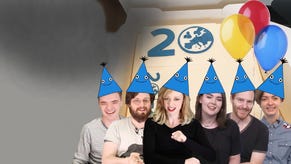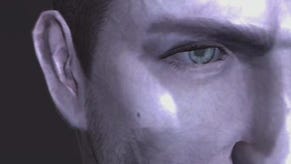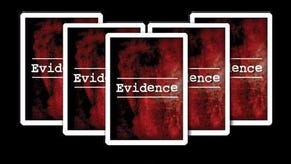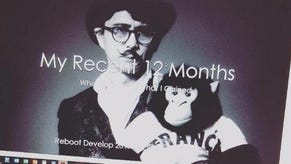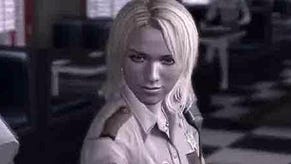The Cult of Deadly Premonition
Never saw it coming.
As a relatively unheralded low-budget title, it wasn't until a week after its release that the first review from a major website came in: 2/10. Fortunately, the thick-skinned Suehiro was prepared for such a response. "To be fair, while we really put all that we could into this game, there were issues like with the graphics and controls, which had me personally preparing for some scathing reviews from the get-go," he admits.
"But I was expecting - well, hoping, really - that after the initial reviews, somebody would come out and say 'this game is fun!' -[somebody] who really enjoyed and dug the world that we created."
That didn't take too much longer. Though more negative appraisals arrived, alongside them sat more glowing critiques. "I know the world rarely works out to be so kind, so having this actually happen was all the sweeter," Suehiro says happily.
As more positive reviews poured in, they were joined by a groundswell of support from gaming forums. The game's more outlandish elements were discussed, its achievements celebrated, its idiosyncrasies by turns admired and gently mocked. The low price point undoubtedly helped, but membership of this growing club started to feel ever more inviting. Quotes from the game developed into memes, and soon even those who hadn't played the game began to understand nonsequiturs like "F...K...in the coffee", and the constant references to Zach, protagonist Francis York Morgan's imaginary companion.
"I never once gave up, and put forth the absolute best that I could."
Hitetaka Suehiro, game director, Deadly Premonition
It was an internet watercooler moment, and, as word of mouth spread, sales steadily increased until, on the week of April 9th, Amazon.com data showed that Deadly Premonition was the biggest-selling title on Xbox 360, ahead of the likes of Call of Duty: Modern Warfare 2 and Mass Effect 2.
The triumphs continued. One year later, Suehiro found himself at GDC, delivering a speech on 'lovable game design', preceded by a short video featuring several critics talking about what Deadly Premonition meant to them. It was clearly a proud moment for this self-confessed nerd. "It was an unforgettable experience I'll always treasure," Suehiro says. "I spoke about a game that had been on the shelves for over a year, and people came to hear me speak about it. Really, there aren't words that express my personal thanks and gratitude."
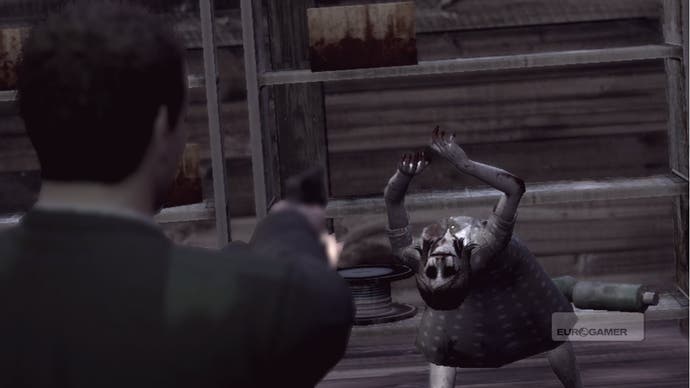
From derision to applause: how did we get here? The secret of Deadly Premonition's success, says Suehiro, is simply down to his unwavering faith in the project - "I believed in this game, the ability of these staff, the faith of the players, and myself. I never once gave up, and put forth the absolute best that I could. That's really all I can say."
Yet there's more to it than that. Deadly Premonition, as I said in my review back in April last year, has "a unique and distinctive voice that's very hard to ignore", which is unusual for a game that was all but accused of outright theft after that TGS reveal. These days, when the game is described as Lynchian, it's in a positive light: that same blend of the mundane and the surreal, the dissonance between the musical cues and the on-screen action, the sense that anything can (and might) happen at any time; the seat-edge thrill of genuinely having no idea as to where the narrative might take you next.

